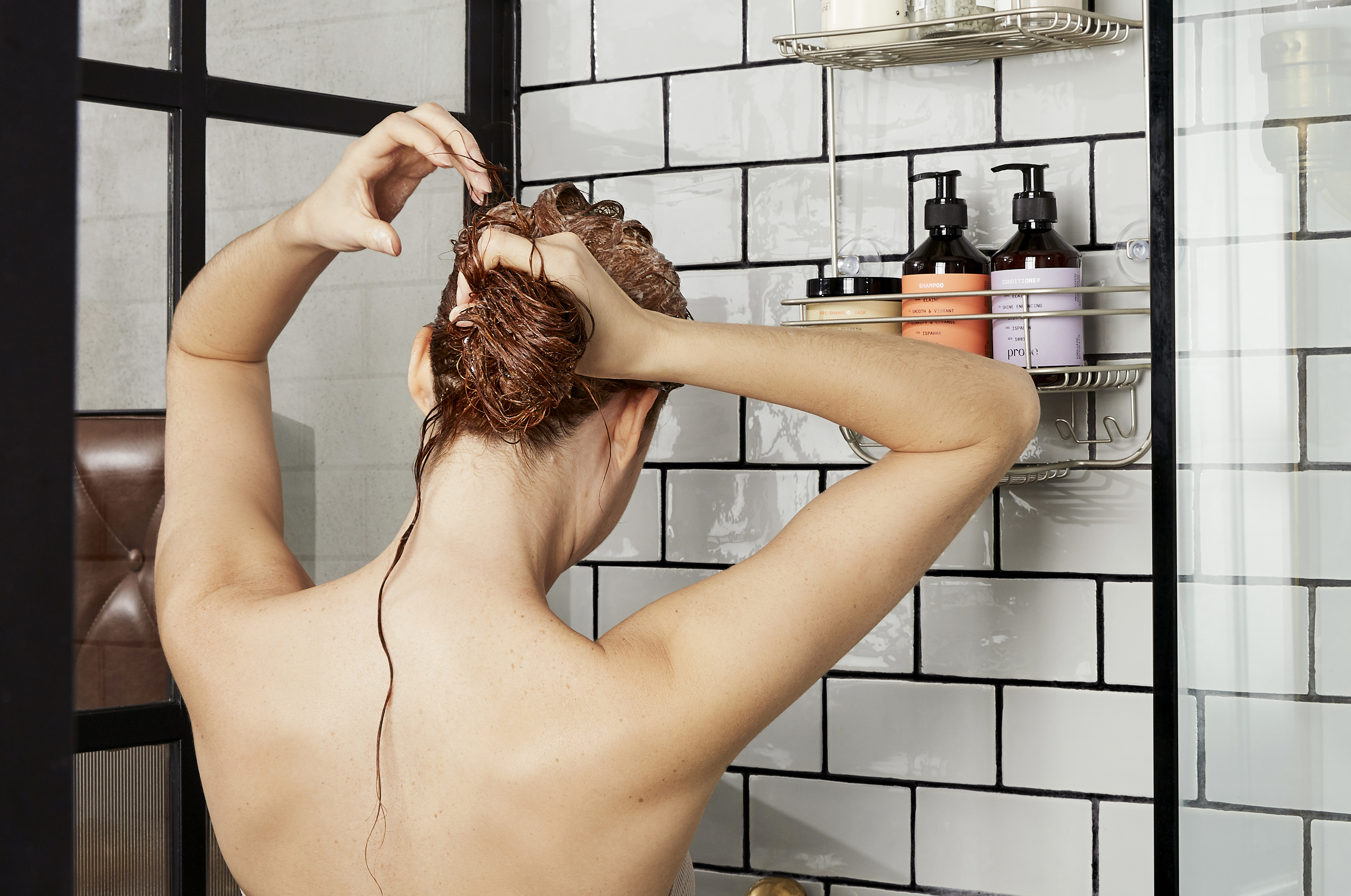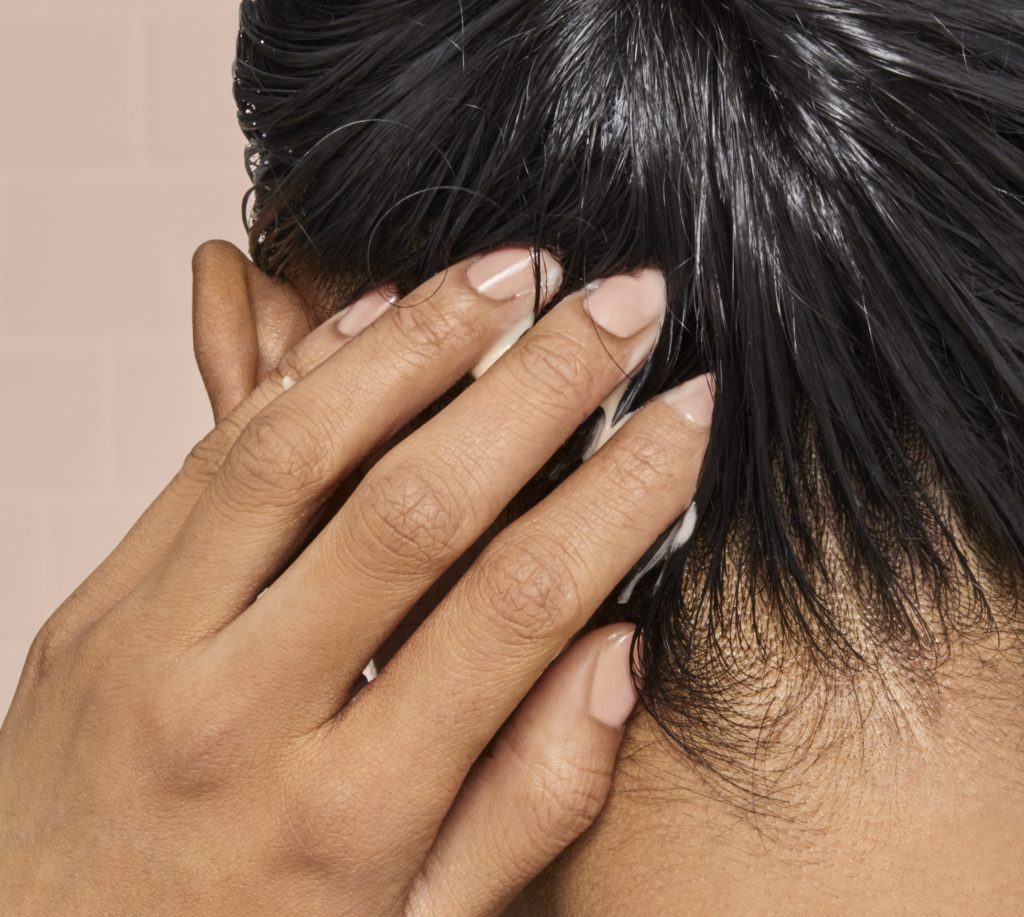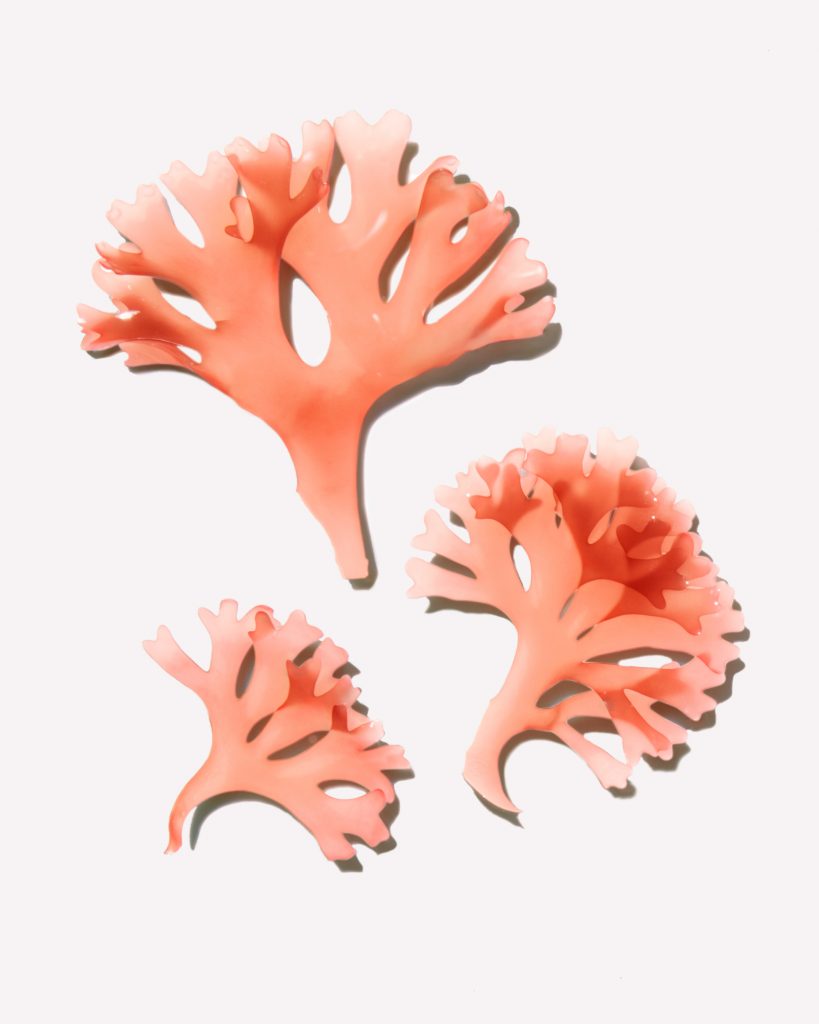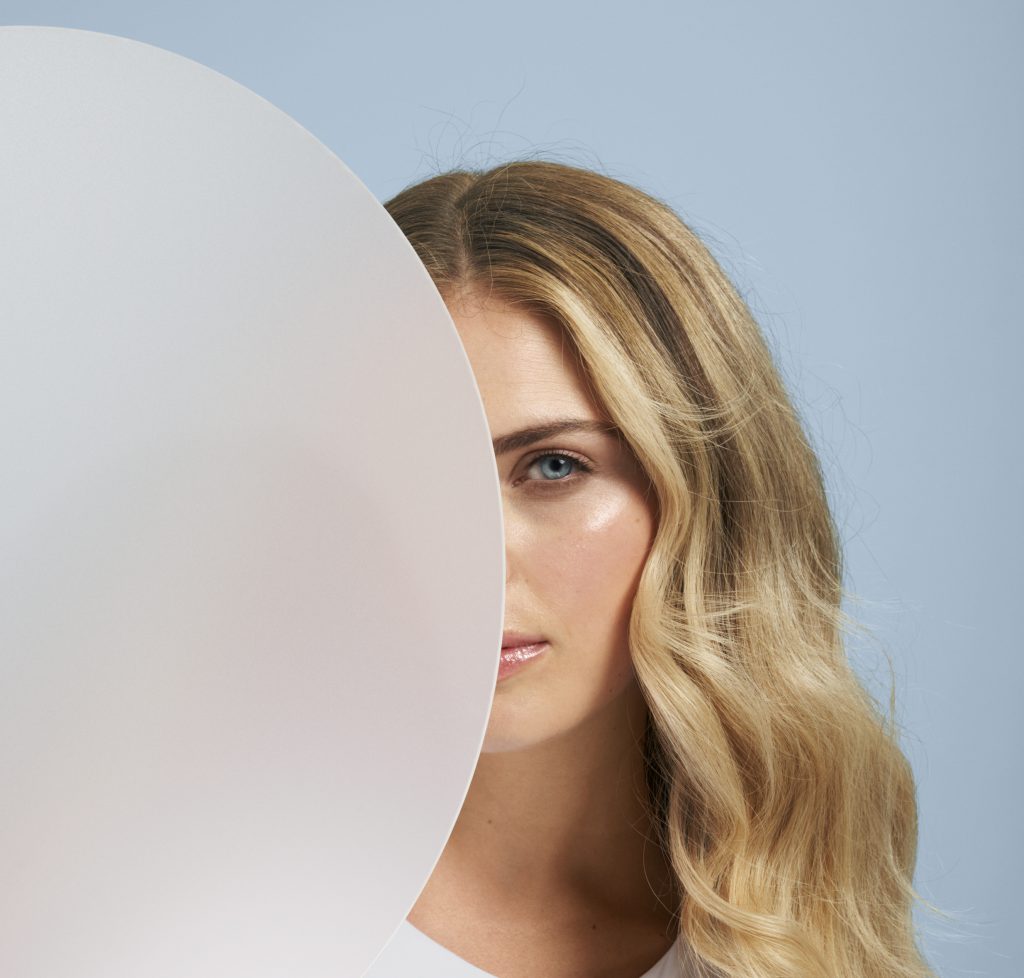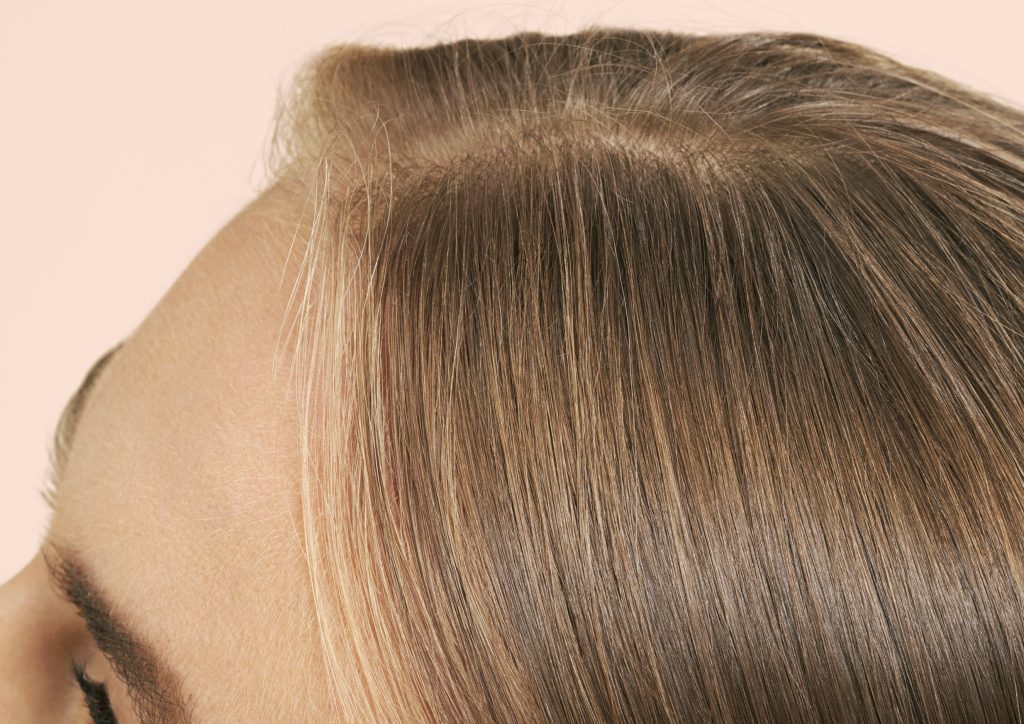How to detect hard water
In the United States, hard water is somewhat of a regional problem, affecting homes in the Upper Midwest and West more than any other part of the country. So, if you live in states like Iowa, Wisconsin, Michigan, Nevada or Arizona, you may be on the list of those who have hard water. Hard water has an abnormally high mineral count, impacted by groundwater bubbling up through thick layers of sediment and other materials. Minerals like calcium, magnesium, iron and aluminum can damage plumbing and make water unsuitable for drinking and washing. Telltale signs of hard water are spotty dishes, laundry that is dry or dull in color, dry skin, appliance damage and off-tasting water. If you suspect that you have hard water, contact a local, licensed plumber who can run the appropriate tests and offer water softening solutions. You can also opt to look into home testing kits and shower filters on your own.

How to combat hard water
While there’s no better solution for hard water than a plumbing fix, there are things you can do to stop it from affecting your hair. To start, re-evaluate your hair care routine. If you are using products that are drying out your hair and diluting its color, mixing them with hard water will only make matters worse. Focus on shampoos that are clarifying or described at demineralizing. When washing, evenly distribute shampoo throughout the scalp and the ends. A thorough cleaning will prevent mineral fibers from building up on the scalp and will add in much-needed hydration.
Next, you’ll want to invest in products that focus on nourishing your hair, such as pre-shampoo treatments and overnight masks. Targeted hair treatments will limit the number of washes you need in a week, preventing overexposure to hard water. They’ll also reinfuse strands with the oils and nutrients that hard water can strip away. Lastly, it is crucial that you avoid products that contain sulfates if you live in a hard water area. The point of your treatments is to limit your exposure to harsh chemicals, especially those that might react negatively with the minerals coming through the water, such as sulfates.

